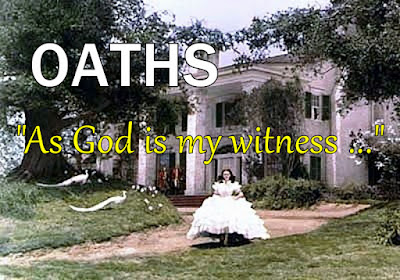A NEW STORY
"For you did not receive a spirit of slavery to fall back into fear, but you have received a spirit of adoption. When we cry, “Abba! Father!” Romans 8:15, NRSV
 "If you must blink, do it now. Pay careful attention to everything you see and hear, no matter how unusual it may seem. And please be warned, if you fidget, if you look away, if you forget any part of what I tell you, even for an instant, then our hero will surely perish." Kubo, "Kubo and the Two Strings" 2016, directed and co-produced by Travis Knight, and written by Marc Haimes and Chris Butler.
"If you must blink, do it now. Pay careful attention to everything you see and hear, no matter how unusual it may seem. And please be warned, if you fidget, if you look away, if you forget any part of what I tell you, even for an instant, then our hero will surely perish." Kubo, "Kubo and the Two Strings" 2016, directed and co-produced by Travis Knight, and written by Marc Haimes and Chris Butler. These are the words the young Kubo, the small Japanese village' story teller, uses to begin his stories. These words signal to the people in the market place that Kubo is about to tell another story of a Samurai warrior who battles monsters. He spins his tales with the help of origami figures and his mother's magical shamisen. (see picture)
Kubo's mother is the daughter of a god, the Moon King, who angers her father when she marries the human leader of a Samurai clan. The Moon King is a vengeful and angry God who has neither love nor compassion for human beings. His mother tells her son that the Moon King killed his father. They live in fear, from the Moon King for he wants nothing less than to destroy her son's humanity by taking his grandson's eyes.
In his anger, the Moon King, with the help of his other two daughters, destroys the village and leaves Kubo an orphan. Kubo is then sent on a quest to recover a magical suit of armor that will protect him and help him kill the Moon King. The quest eventually brings Kubo back to where he started from, his village which lies in ruins.
There, Kubo confronts the Moon King. His grandfather offers the boy immortality if he will but give up his humanity by allowing his grandfather to take his one, remaining eye. Kubo refuses, and the Moon King pours his wrath out upon Kubo by turning into a hideous monster and attacking his grandson.
In the end, Kubo does defeat his grandfather. The magic of Kubo's shamisen destroys the Moon King's divine power and leaves him a very old and very mortal man who doesn't remember who he is. "I've forgotten my story," he tells Kubo.
At his most vulnerable and weakest, the villagers who have joined Kubo, could easily have taken their revenge on the Moon King for destroying their village and attacking their beloved story teller. Instead, they extend what we would call, "grace."
They give the defeated Moon King a new story. They tell him he is a loving and generous man and a valued member of their community. In an act of forgiveness, they and Kubo accept him and promise to help him learn his new story.
Isn't that what God, through the grace of Jesus Christ does for us ... give us a new story?
In Romans 8:12-18, Paul uses the example of the Roman custom of adoption to explain God's justifying grace. In the Roman Empire, at the time of Paul's writing, the practice of adoption was somewhat different from the adoption process of today.
Adoption was usually an agreement between adults. Childless individuals or couples would chose someone, a member of their extended family or or someone else, even a trusted slave, to become their heir. The person who was to be adopted had to give their consent for it to be binding under Roman law. Through this adoption, the adoptee, even if that person was a slave, was elevated to the level of heir of the family and given a new identity and a new future (a new story, so to speak).
Unlike the wrathful Moon King who seeks revenge against mortals who may wrong him, God is forgiving and compassionate. From the time any of us come into being, God says, "Yes, this is my child." Throughout our lives, God is whispering His unconditional love to us, reaching out to us and inviting us to become His children.
When we say, "Yes," to God, through the love and sacrifice of Christ, our status changes from those who driven by our self-destructive intentions and by fear to that of heirs of God's kingdom, joint-heirs with Christ. We are given a new story, one one in which our future is shaped by Jesus' transformative love at work in our lives and the certain hope of eternal life. It is a story that reminds us that our truest expression of humanity is the one rooted in the image of God we are all created in -- love without judgment, compassion for our neighbors and acts of justice that can change lives.



Comments
Post a Comment